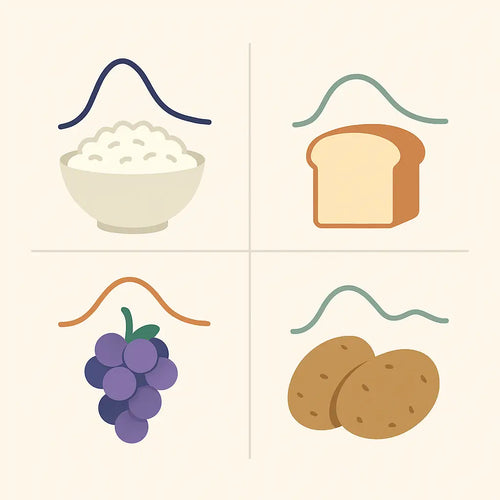Insulin resistance is a condition where the insulin is not as effective as it used to be in transferring the blood sugar into the cells where it can be used for energy. This results in a compensation by the pancreas which then releases more insulin in an attempt to get the glucose into the cells. Elevated fasting blood insulin levels are seen and after a while also elevated fasting blood glucose.
Several factors can be involved in developing insulin resistance. Lack of physical activity, eating low nutrient, high glycemic index foods and also exposure to high chronic stress are common factors.
Insulin resistance is a risk factor for many chronic diseases. The research review referred to here is related to insulin resistance and the association to atherosclerosis (Cao W, et al. 2011).
Chronic excess insulin levels can trigger inflammation, and low grade systemic inflammation is usually present with insulin resistance. Low grade systemic inflammation is recognized as a risk factor for cardiovascular disease.
The authors of this research review state that increased insulin signaling contributes to the development of insulin resistance and the associated atherosclerosis.
To improve your insulin sensitivity and improve or avoid insulin resistance, exercise regularly and eat high nutrient, low glycemic index food.
To learn more about the benefits of high nutrient, low glycemic index food read the book “The Food Connection.” In the book you will find explanations based on research and also a lot of easy to make recipes.









